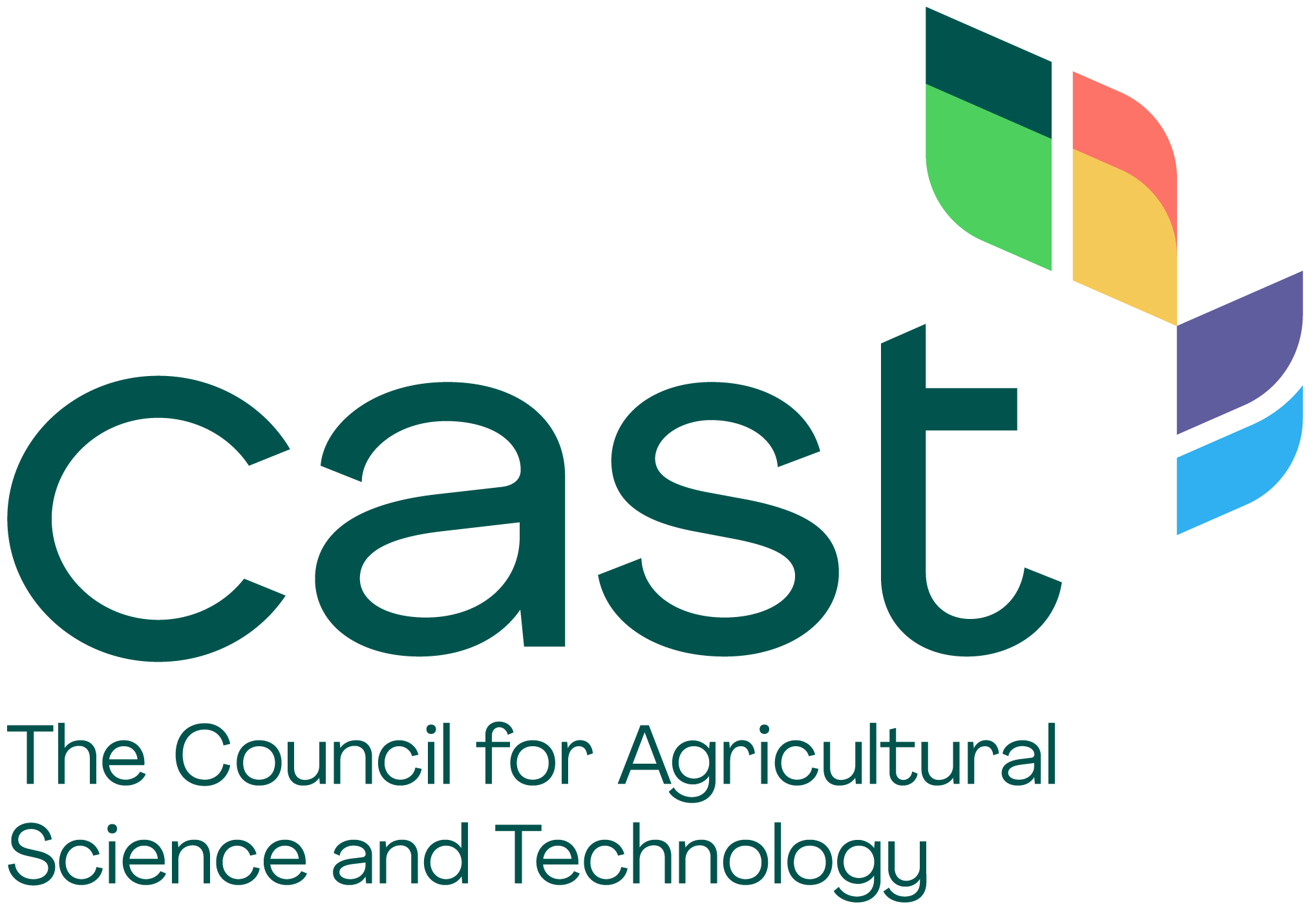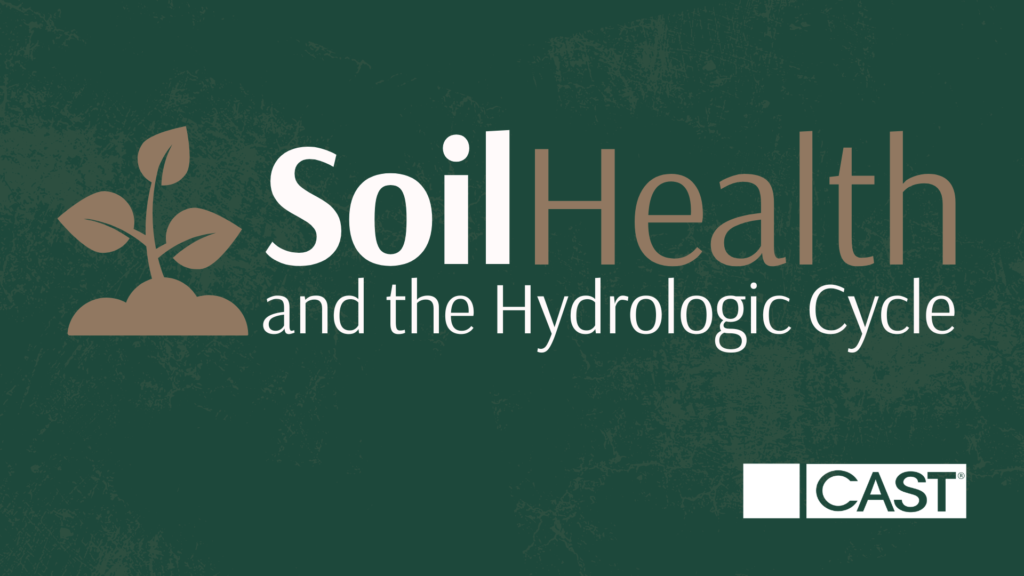The recent CAST webinar presented an in-depth overview of the paper examining soil health’s critical role in enhancing crop production, ecosystem function, and biodiversity. Recognized by USDA-NRCS as the soil’s ability to function as a vital ecosystem, soil health encompasses essential processes such as filtering contaminants, cycling nutrients, supporting infrastructure, and regulating water movement. The webinar underscored the need for integrated methods to measure soil health, moving beyond the traditional focus on chemical, physical, or biological properties. It highlighted practices like no-tillage, cover cropping, and biodiversity, noting their benefits for soil health and underscoring the paper’s unique focus on the broader impacts of these practices on the hydrologic cycle. By reviewing key findings, the presentation provided guidance for policymakers and decision-makers on soil health’s advantages, including increased water infiltration, higher crop yields, and reduced greenhouse gas emissions.




